What to eat before a run?

It’s a common topic of conversation between runners: what do you eat before running, and when do you eat it?
It’s so popular because it’s individual to each of us, and we each have favourite foods which work for us. We’ve got suggestions for snacks to try before a short run and for bigger things to eat before a long run, plus lots of information on why it’s important and how to personalise it based on your own preferences and diet choices.
Why should you eat before a run? And does the food matter?
Food is the energy which fuels exercise. If we don’t have enough energy, then it makes our runs or workouts feel harder, while being under-fuelled may also make us feel weak or light-headed. By consuming a snack or a meal before a run we can help to ensure that we have the energy we need for whatever we’ve got planned.
You’ll want to focus on easy-to-digest carbohydrates as these provide your muscles with the best energy to fuel our workouts. It’s fine to also add protein and fat, as these can also help with energy and make you feel satiated, but prioritise carbs.
How much should you eat before a run?
The amount you eat will depend on how long you’re running for, when you’re running, and – most importantly for you – what your stomach can tolerate. The harder or longer your run is, the more carbs you’ll want to think about consuming (this is different to carb-loading, so head over here if you want to learn all about carb-loading).
This is all going to be personal preference and influenced by your own dietary needs, but you’ll want to practise what foods and what timing works best for you.
Some runners can eat and head straight out the door, while others need to eat two or more hours before running to avoid stomach discomfort.
And you definitely want to avoid over-eating before a run. This can make you feel worse than not eating enough.
Do you always need to eat before a run?
No, you don’t. If you’ve got a short morning run and you had a good dinner the night before then you may feel fine to run on an empty stomach. Likewise, if you had a bigger lunch and are running in the afternoon, then you may not need a snack for your run. However, if you plan on running for more than 60 minutes it’s recommended to consume some calories before, or to take some nutrition (like gels or sports drink) with you.
What if you struggle to eat before a run?
We get it. Not everyone likes to eat before they run, but that doesn’t mean you don’t need the energy. Consider having a glass of diluted fruit juice, some sports drink, a gel, or even just a spoonful of honey or maple syrup for a quick hit of energy.
What about hydration?
You should always be well hydrated before a run, so make sure you have plenty of water, diluted juice or sports drink before a run (running dehydrated can make the effort feel much harder, and no one wants that). If it’s a hot day then add electrolytes into your drink.
A lot of runners like to have coffee (or other caffeine drinks) before a run, but avoid having too much caffeine. You might want to avoid fizzy drinks before a run (or you’ll be burping for a few minutes!), and definitely avoid alcohol.
If it’s a warm day, or you’re running for more than 60 minutes, then consider carrying extra hydration with you on your run.
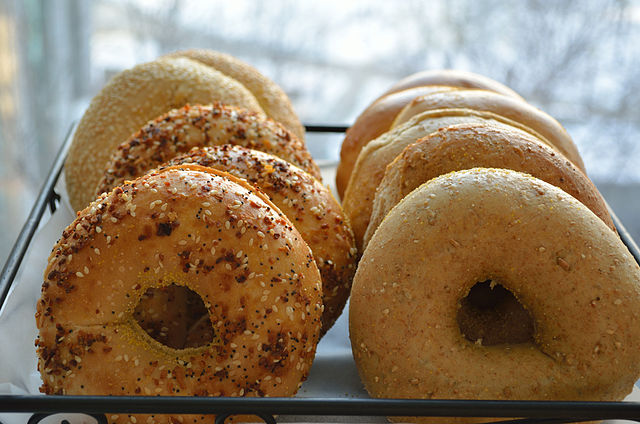
What SNACKS to eat before a short run
If you’re only going for a short run of an hour or less, then you may only want a small snack to give you some energy – you want to be fuelled, but won’t want to feel like you have a full stomach.
Aim for 100-200 calories (20g-50g carbs), 30-90 minutes before you run. If you’re in a hurry then you could take an energy gel 15 minutes before you run.
- Banana or apple with peanut butter
- Slice of toast or half a bagel (with peanut butter, jam or avocado)
- Some rice cakes (with peanut butter, jam or avocado)
- Handful of dried fruit and nuts
- Energy bar (but not a protein bar) or flapjack
- Small bowl of cereal
- Fruit or green smoothie
- Energy/sports drink
- Energy gel or chews
What to eat before a LONG RUN
If you’re running for more than an hour, including races, then it’s recommended that you eat a larger meal before the run. This is definitely something to practise before race day to find out what food feels (and tastes!) good to you.
Aim for 300-500 calories (50-125g of carbs, or more if your stomach can handle it) and you should consume this two to four hours before you run. The calories can be a combination of food and energy drink.
Some ideas for toppings for these include: banana, jam, honey, and maple syrup, which all add extra carbs, or add nut butter, avocado or egg for fat and protein. You may also want to add some salt depending on what you’re eating.
- 2-3 slices of bread or toast
- 1-2 bagels
- Oatmeal or overnight oats
- White rice
- Plain pasta
- Baked/boiled potatoes or sweet potatoes
- Large bowl of cereal
- Also supplement the food with sports drinks
Foods to AVOID before a run
While there are some runners with iron stomachs who can eat anything and then run, others will be sensitive to certain foods. In general, avoid eating too much food overall, which may leave your stomach feeling uncomfortable while you run, or have you searching for a nearby toilet!
Typically runners will want to avoid foods high in fibre, especially high fibre vegetables and legumes (like brussels sprouts, cabbage, beans, lentils). Avoid fried foods and foods which don’t necessarily add much useful energy (like meat). Some runners find artificial sugars can cause stomach discomfort. Avoid any alcohol before a run.
Overall, the best advice is that you need to try and figure out what works for you, and what doesn’t, but that consuming a snack or meal before you run is important for helping you perform well. And we’ve written this as runners and not sports nutritionists – it’s some things which we’ve found that work for us, and hope will work for you.
So what’s your favourite snack before a run? What’s your go-to thing to eat before a longer run? And what foods do you have to avoid eating before you run?

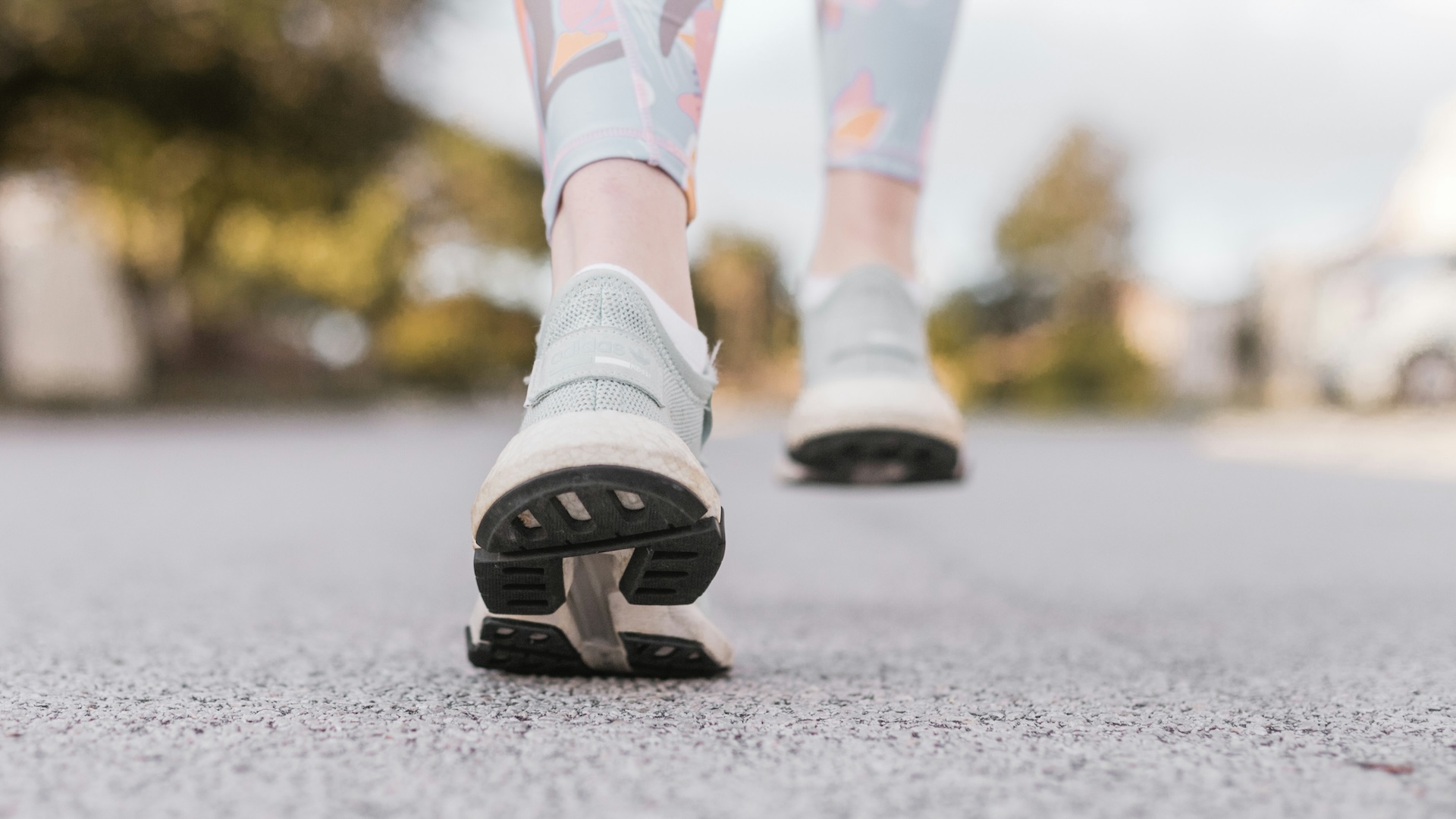
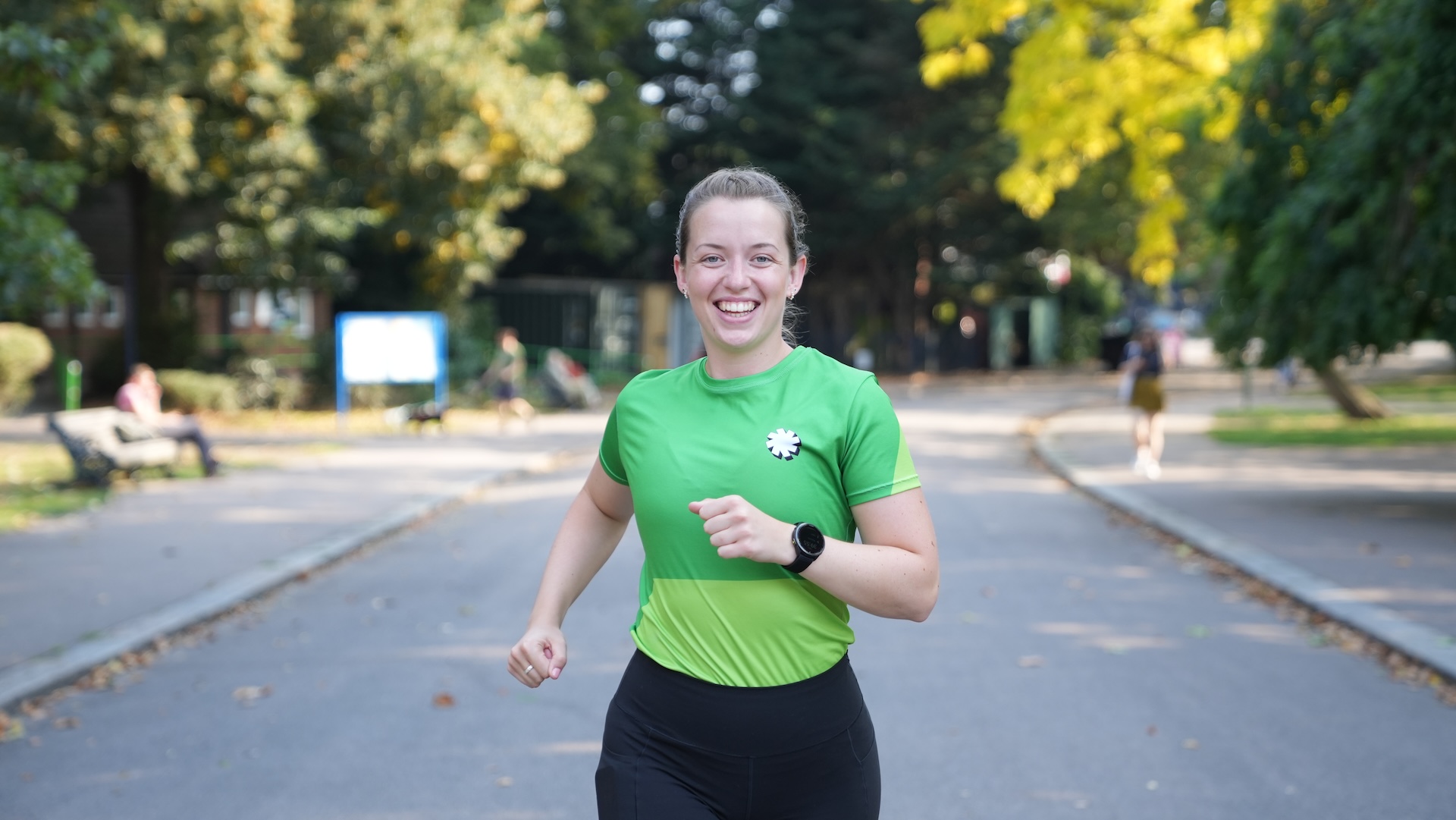

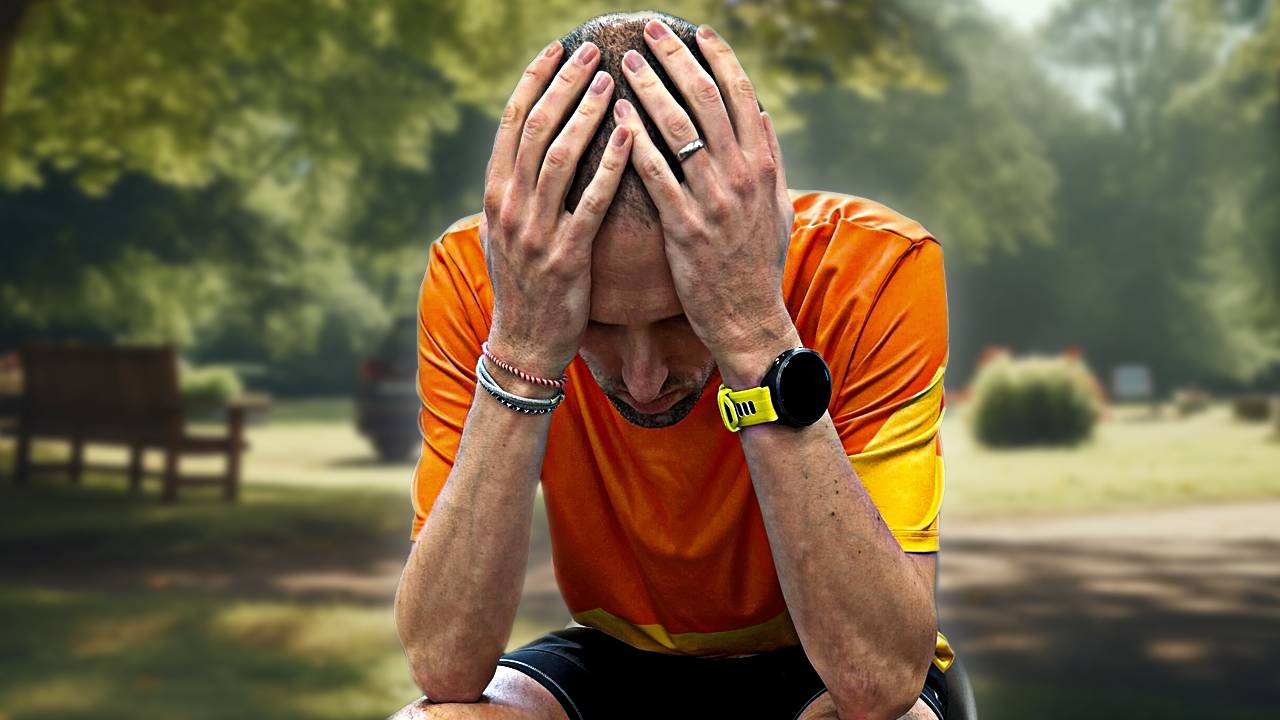
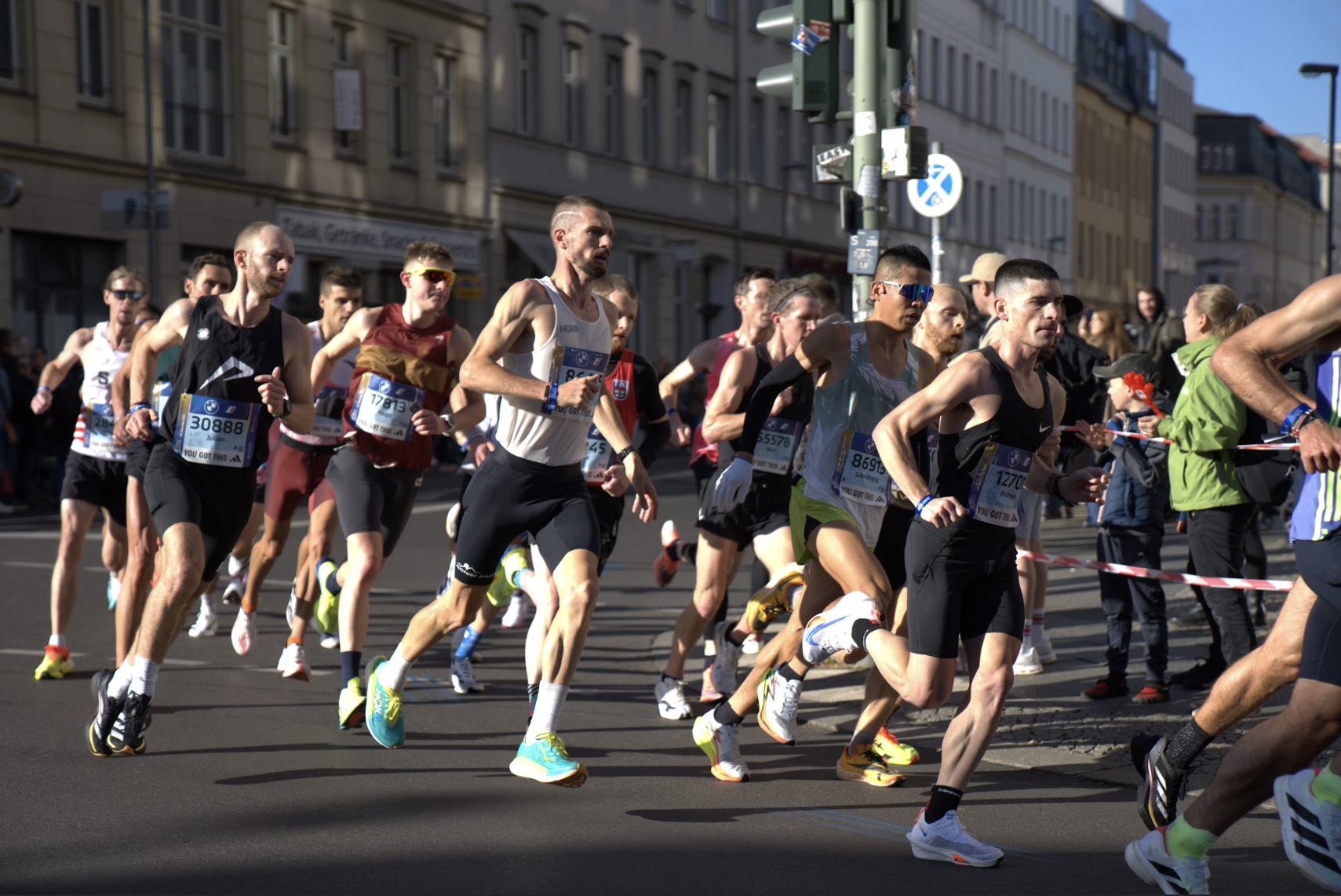




















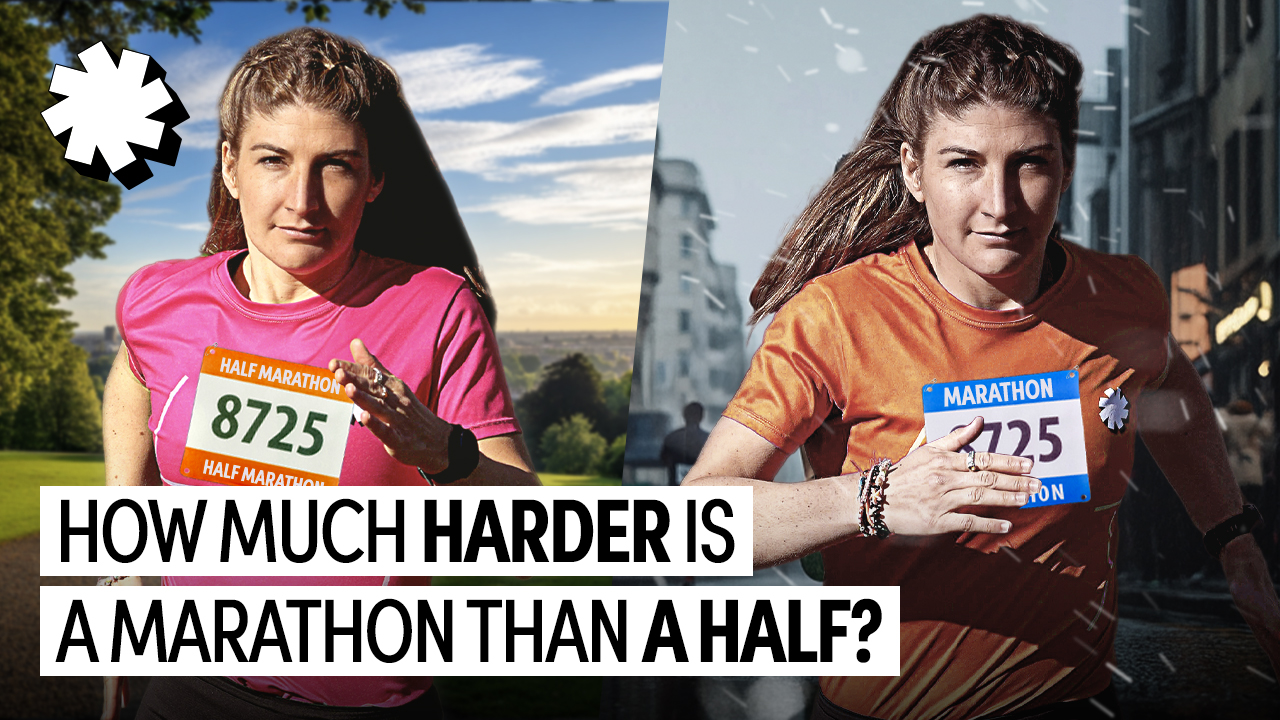

Running News
Ingebrigtsen Stars at World Athletics Indoor Championships 2025 – Plus All The Winners!
Sam Ruthe Is First 15-Year-Old To Run A Four-Minute Mile!
Eliud Kipchoge Will Run The 2025 Sydney Marathon!